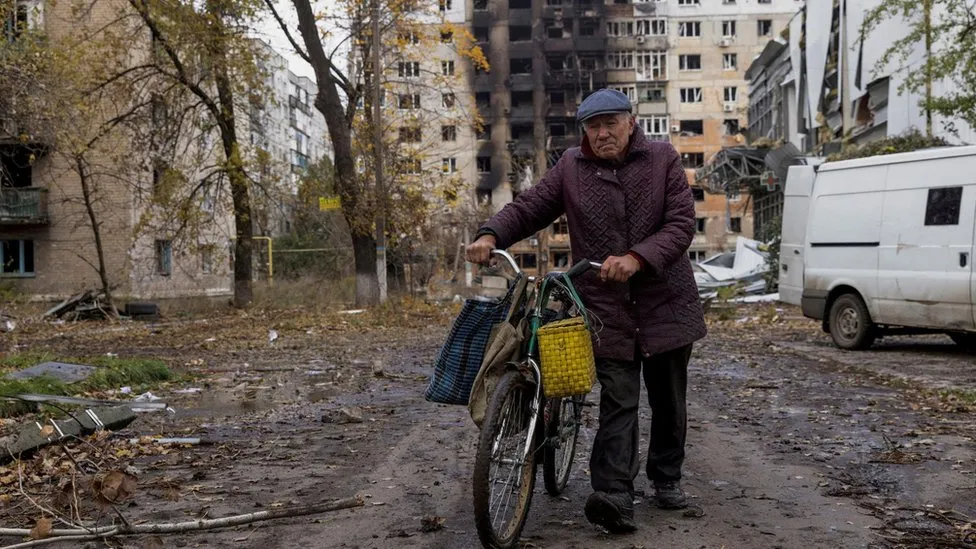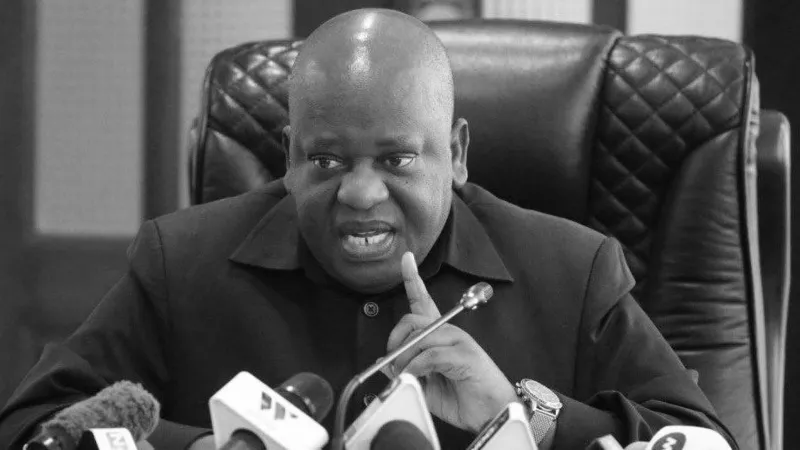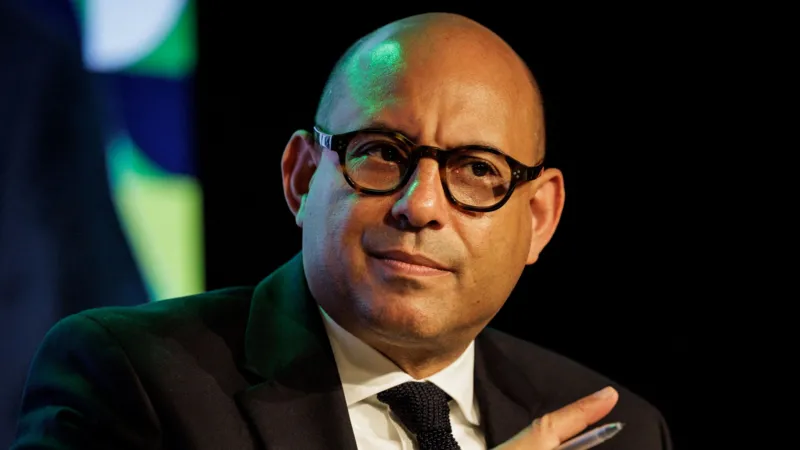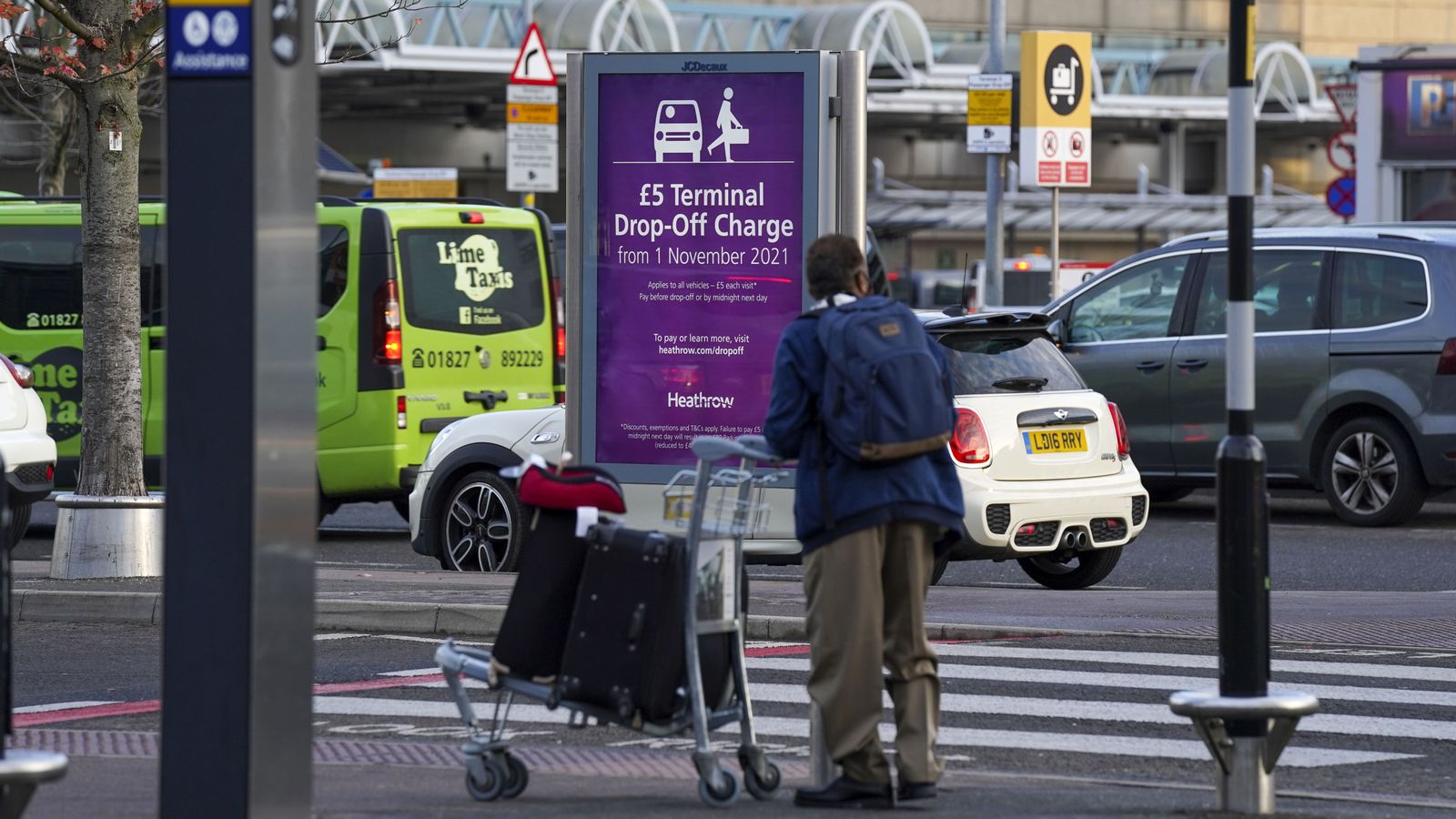Ukraine war: Is Avdiivka's fall a sign Russia is turning the tide?
"In order to preserve life and encirclement, I have withdrawn our units from Avdiivka."

When he was appointed this month, Ukraine's new head of the armed forces, Gen Oleksandr Syrskyi, said he would "rather retreat than sacrifice lives", and that is what he has finally done with this eastern city.
Despite Russians suffering enormous losses, four months of relentless attacks have left Ukrainian troops there outnumbered, outgunned, and with dwindling ammunition.
It is Moscow's biggest victory since Ukraine's failed counter-offensive last year.
Avdiivka was briefly occupied by Russia in 2014 before being retaken by Ukraine.
So, what does Avdiivka's fall mean for the wider conflict?
Size matters more than ever
With this now being a war of attrition, the difference in Ukraine and Russia's size is becoming more apparent. Russia's population of 144 million is more than four times larger than Ukraine's.
Despite losing thousands of soldiers in the process, Moscow has made its size count by replenishing them almost immediately.
Ukrainian forces have suffered losses too, though not to the same extent.
As with other Ukrainian settlements on the front line, Russia has seized an almost totally destroyed city.
Ukraine's 3rd Assault Brigade, which deployed there, said they were being attacked by infantry in all directions.
Russia has concentrated its best-trained fighters in the area and was believed to be dropping up to 60 bombs a day on Ukrainian positions.
The last time a Ukrainian city - Bakhmut - was taken by the Russians, Gen Syrskyi was criticised for holding on to it for too long. He was accused of pursuing a symbolic victory at the expense of needless casualties.
Experience seems to have changed that.
The medium term
This Russian advance has not happened overnight. Since last October, Moscow has launched wave after wave of attacks towards Avdiivka.
From their raised positions and reinforced defences in the industrial city, Ukrainians were able to hold them off with targeted strikes, leaving the scarred Donbas landscape littered with Russian bodies and destroyed armoured vehicles.
Now it seems Russian troops have penetrated defences which have been reinforced over the 10 years since Moscow's campaign of aggression first started.
To Kyiv's frustration, Ukraine has been unable to break Russian fortifications elsewhere, which were built in a matter of months.
"Russia can't achieve strategical goals, only tactical ones," says Maj Rodion Kudryashov, a Ukrainian deputy commander of the 3rd Assault Brigade.
He says his troops are outnumbered by as many as seven to one. Over the phone he told me, "It's like fighting two armies."
He is confident the Russians will not push further to cities like Pokrovsk and Kostyantynivka, but that is far from guaranteed.
What it will do for them is relieve pressure on the city of Donetsk ,15km (9 miles) further east, which Russia has occupied since 2014.
The long term
Ukraine has been forced backwards like this before, notably in the summer of 2022.
Large, well-equipped Russian units encircled cities like Lysychansk and Severodonetsk. The Ukrainians could do little to stop them.
However, a subsequent influx of Western weapons and inspired military thinking led to a changing of the tide later that year, with Ukrainian troops liberating areas in the Kherson and Kharkiv regions.
But this is a different war now.
Global politics are having a more significant impact on the battlefield.
Stuttering Western help has directly contributed to this likely Ukrainian retreat in Avdiivka.
The US leads the way in providing weapons to Ukraine, because of the scale and speed it can provide them. With a $95bn package including aid for Ukraine still not approved in Washington, other allies are struggling to fill the gap.
It means the Ukrainians are having to ration ammunition and manage low morale. And Avdiivka may not be the only withdrawal Kyiv is considering.
Russian President Vladimir Putin also still wants the whole of Ukraine, and it is still possible that he could take it.
That prospect could either restore Western unity in trying to prevent it, or fuel the scepticism that Ukraine was never able to win this war, despite the extraordinary defence it has displayed in Avdiivka and elsewhere.
-bbc






